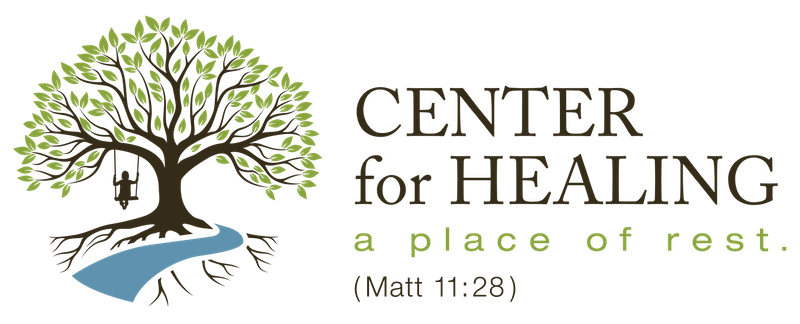
This past December my family and I saw Andrew Peterson on his Behold the Lamb of God tour. Andrew Peterson is a story-teller, singer/song-writer, author, and truth-teller. In between songs he made a simple observation. Revelation 12:5 says, “Behold, I make all things new.” Our Lord doesn’t say, “Behold, I make all new things.” This really struck me as quite a profound thought. Regardless of how dysfunctional our family of origin is, what was done to us, what we’ve done to others, Jesus understands. He’s there to offer mercy and healing if we let him into the darkest recesses where our woundedness and shame like to hide. He understands and is intimately familiar and unafraid of the effects of our woundedness.
His lineage is a complete disaster. He was literally born into a mess, and He’s not afraid to enter into our mess. However, we’re often afraid to invite Him into the dark and painful parts of our story. A good place to start is by inviting others into the parts of our stories that are marked by shame and woundedness. This can feel like a terrifying proposition.
Many of my clients have experienced horrible suffering at the hands of those who were responsible for keeping them safe. They’ve grown up in environments riddled with emotional immaturity and relational incompetence. If this isn’t painful enough, these toxic patterns can often play out in their current close relationships as well. As a result of this trauma, they often develop patterns of unhealthy behavior themselves. It’s no wonder they can’t believe that their lives can get any better.
Therapy is similar to the 40 days Jesus spent in the desert. The journey of healing is a messy proposition; it often gets more difficult before it becomes easier. Therapy involves confronting our demons and the destructive lies we’ve told ourselves as a result of how we’ve been wounded. Perhaps your parents divorced when you were really young and for many years you believed it was your fault. To numb the relentless and constant shame, perhaps you turned to alcohol or unwanted sexual behavior. This only compounded the shame and intensified your compulsive behavior.
Early on we develop mechanisms that protect us from experiencing pain. After many years, sometimes decades, these protective patterns can become so ingrained they feel like a part of who we are. As an adult, these once life-saving patterns become out dated and harmful to us and those closest to us. These protective patterns can also close us off from loving and connecting relationships. When we’re hurt in the context of relationships, subconsciously we learn that relationships aren’t safe. However, from the beginning God created us for relationships. “Let US make human beings in OUR image,” Genesis 1:26. “It is not good for the man to be alone,” Genesis 2:18. We are hardwired for connection. Until we tend to our relational wounds we can’t fully enter into close and intimate relationships.
I remember feeling so comforted and awe inspired when I learned about neuroplasticity. Neuroplasticity is our brain’s ability to change over time. If it weren’t for this ability, healing would be neurobiologically impossible. Redemption and restoration are literally stamped into our being. I believe this to be a physical manifestation of God’s grace and mercy.
Because we are cursed with long memories, we will never forget how we’ve been wounded. However, the good and holy work of healing will dismantle our shame and undo the lies that have come out of our wounds. Just as Jesus spent 40 days confronting the lies of the evil one, it is only by confronting our own lies and inviting others into our shame and woundedness that we are healed. It is only by toiling and digging into our own deserts that we can finally hear and accept the truth that we are sons and daughters of the Father, that we are worthy of love and connection, and that we have a seat at the Table.
Peace,
Chris Ellman, MSW, LCSW, SATP, CSAT
Reference
Schuchts, R. (2014). Be Healed. Ave Maria Press



